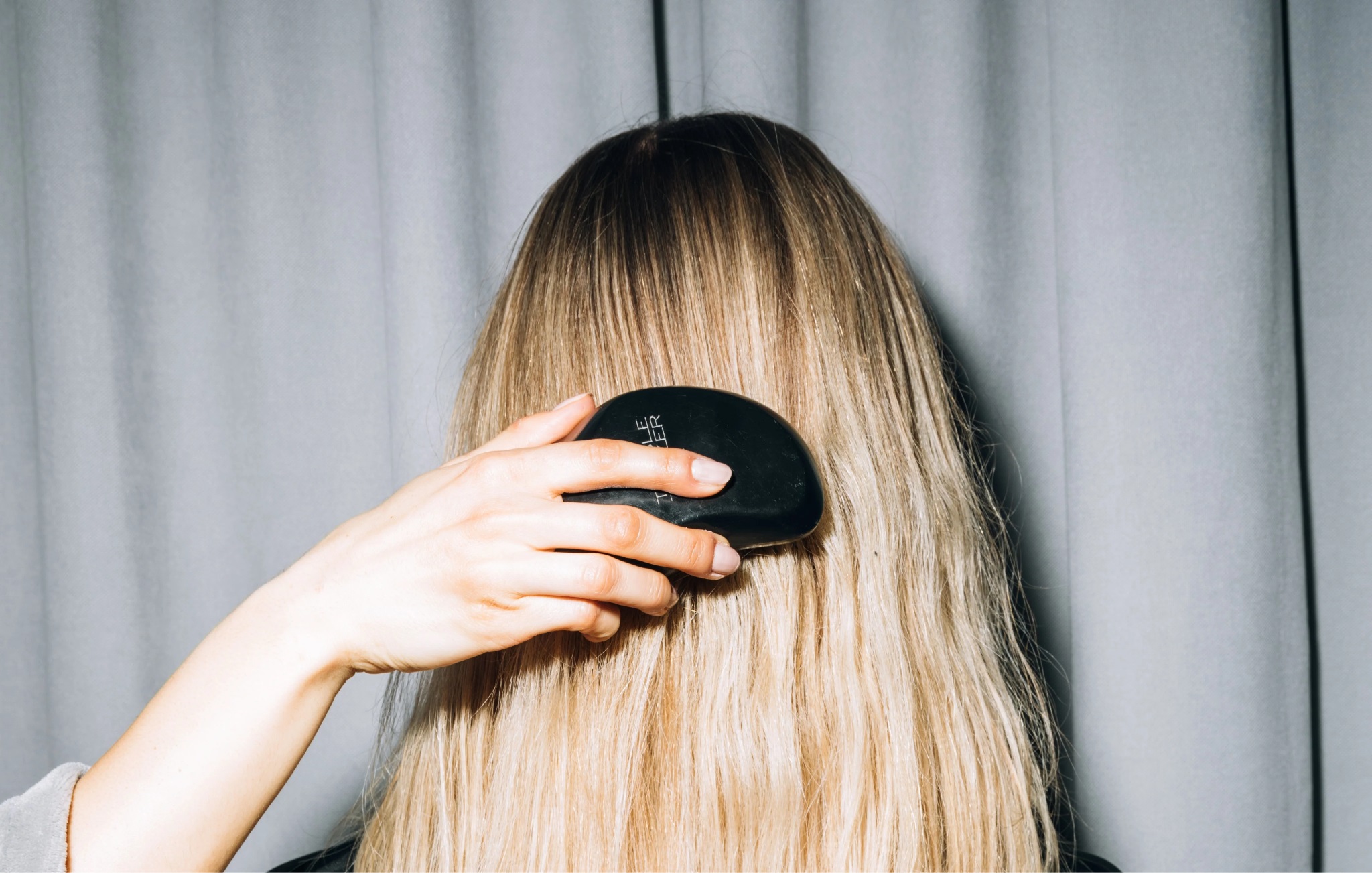
Hair doesn’t stay the same forever. Just like the rest of your body, it shifts over time. You might notice it becoming finer, drier, less dense, or harder to manage. That’s normal. What your hair needs today isn’t complicated; it just takes a little attention. Keep reading for age-smart tips that actually make a difference.
Tips from the Experts
Taking care of your hair is a skill that changes as you grow. Understanding what your hair needs at different stages helps keep it strong and looking its best. Expert advice can make all the difference.
During Puberty
So, how to care for hair during puberty? Puberty brings a lot of changes, including shifts in your hair. Hormones make your scalp produce more oil, which can leave your hair feeling greasy faster than before. You might also see changes in your hair’s texture or curl pattern. To manage this, tailor your washing routine to your hair type, since different textures require different care. Nutrition also plays a role, so eating a balanced diet and drinking plenty of water support hair health from the inside out.
In Your Twenties
Another question: how to care for your hair in your twenties? This time is all about exploring, and your hair usually comes along. People are switching up colours, trying new styles, or testing out every product. This experiment wears your hair down. The solution: ensure your hair is nourished with masks and salon care.
In Your Thirties
Want to know how to look after your hair in your thirties? Your hair can start to change in ways you didn’t expect. It might feel finer, look a bit duller, or start showing some greys. On top of that, life gets busier and often more stressful. Hormones like estrogen and progesterone begin to decline. It leads to a loss of shine and volume. Staying hydrated, eating well, and giving your hair regular deep treatments can really help. A good hair mask can also be the reset button for your needs.
During Pregnancy
How to care for your hair during pregnancy? It’s a time of big changes, and your hair feels it, too. Some women notice thicker strands, while others deal with unexpected dryness. What you eat plays a crucial role, so ensure your meals have essential nutrients like protein, iron, and vitamin A. Also, if you use heat tools, be gentle. Your hair may behave differently than it used to, so it’s worth checking your current heat setting.
Postpartum Hair
Let’s talk about haircare tips for postpartum hair. Iron, B12, and zinc help support hair recovery. Be gentle when brushing: start at the ends and work up to avoid pulling. A soft brush makes a real difference. And if you’re tying your hair back a lot, use silk scrunchies. They’re easy on the strands and help prevent extra breakage.
Perimenopausal Hair
How to care for perimenopausal hair is likewise important. Your scalp is producing less collagen, and your hair loses some elasticity. A care routine that focuses on strength and moisture can help. Look for products with collagen or hyaluronic acid, and take time to massage your scalp with nourishing oils.
In Menopause
How to care for hair in menopause is another common question. During menopause, changing hormone levels can slow down hair growth and increase shedding. What matters most is how you care for your hair through these changes. Give it time, use gentle products, and don’t underestimate the power of regular nourishment. For many women, things start to balance out within two years, with hair regaining thickness and strength.

Medical Conditions Changed My Hair
Many women ask: How to manage hair changes caused by medical conditions? When your hair suddenly starts shedding, thinning, or feeling different, it might be your body trying to tell you something. Conditions like thyroid issues, iron deficiency, autoimmune diseases, or treatments like chemo can all affect your hair. The first step? Speak to your doctor and find out what’s going on. Once you know the cause, go easy on your hair: use gentle products, avoid high heat, and focus on overall well-being.
